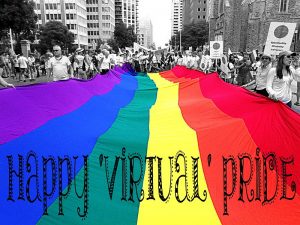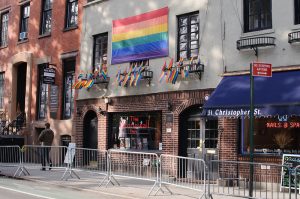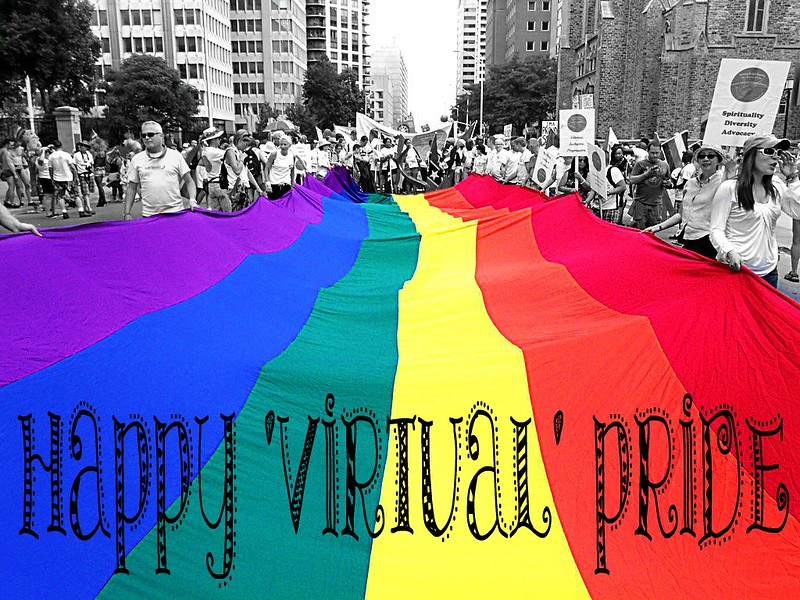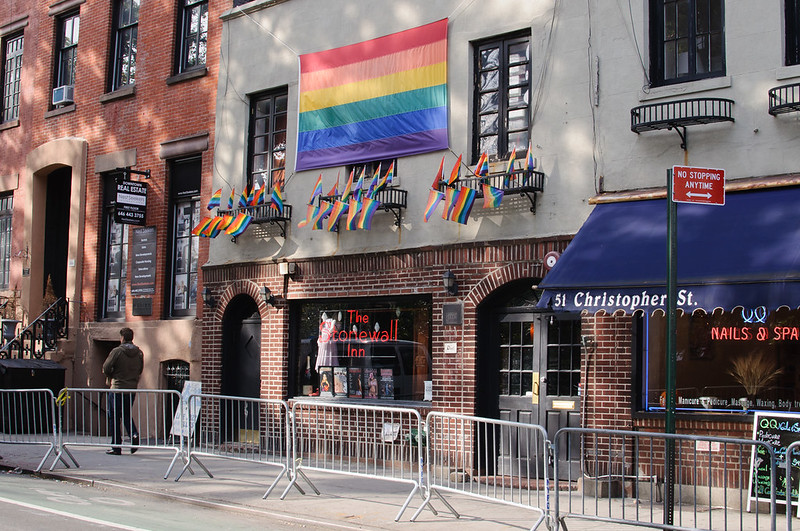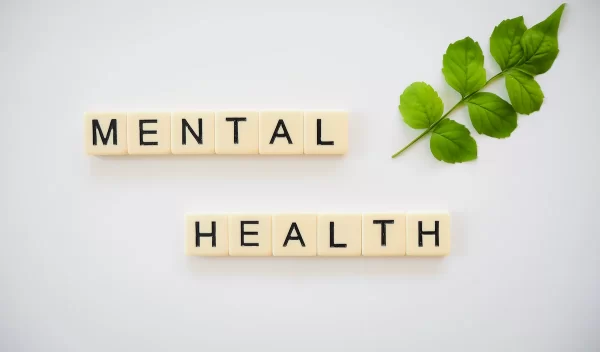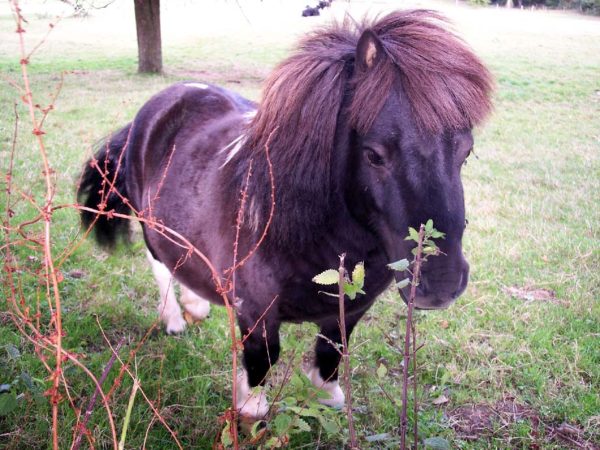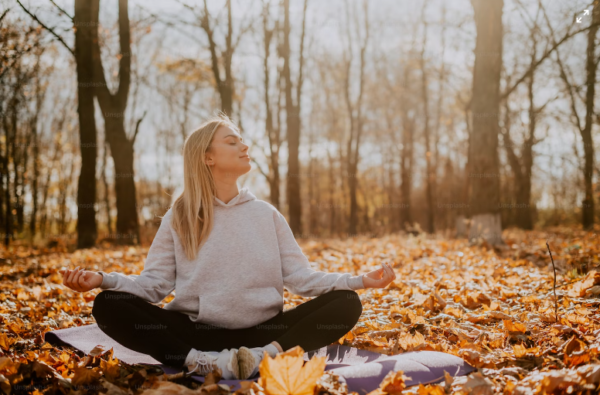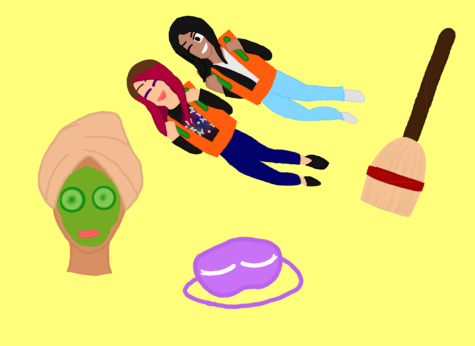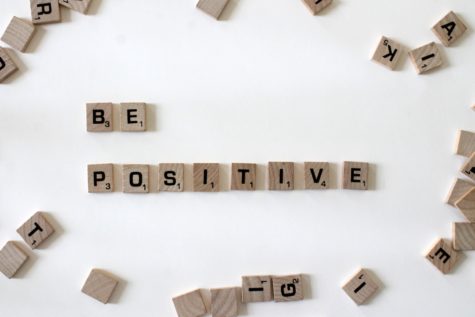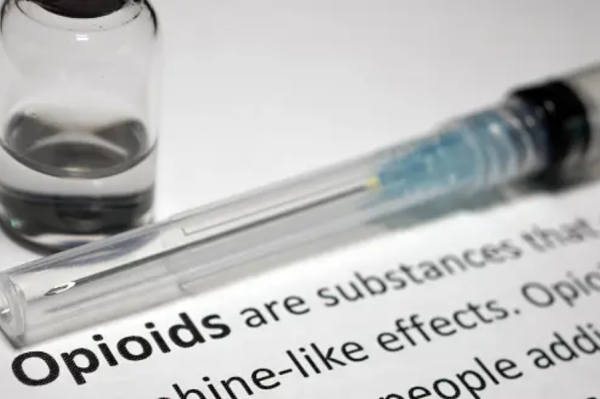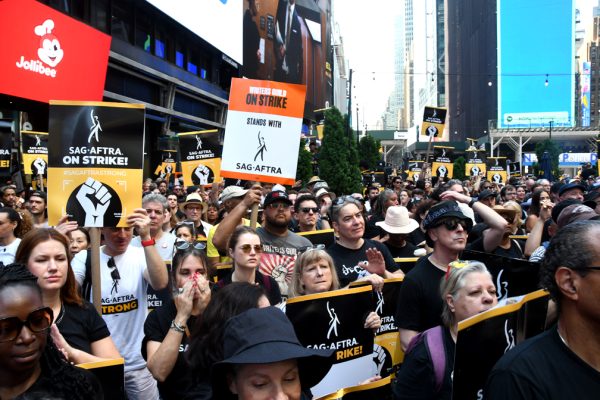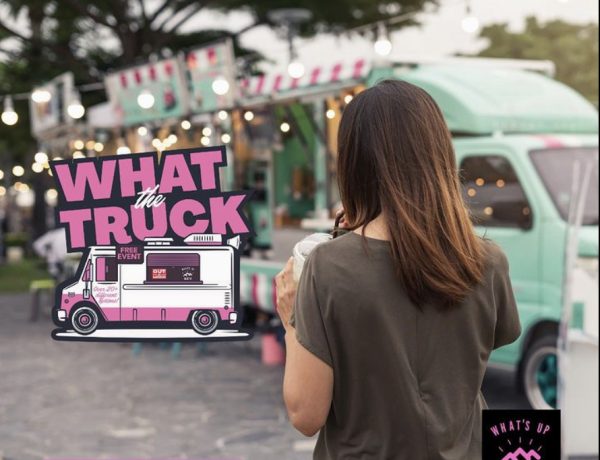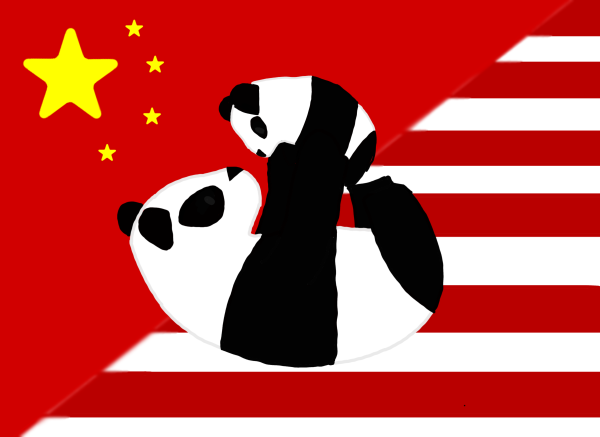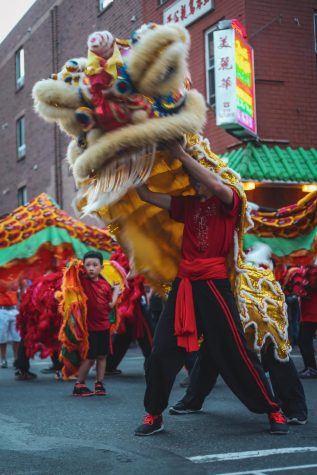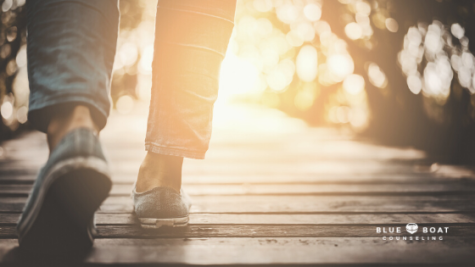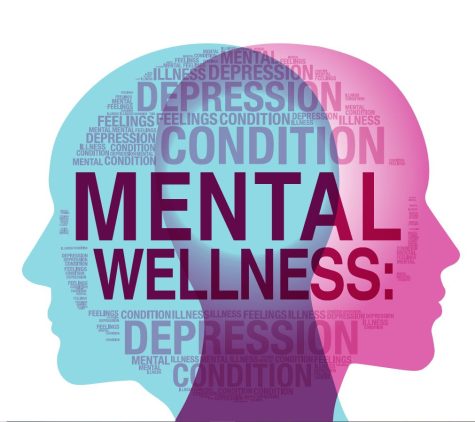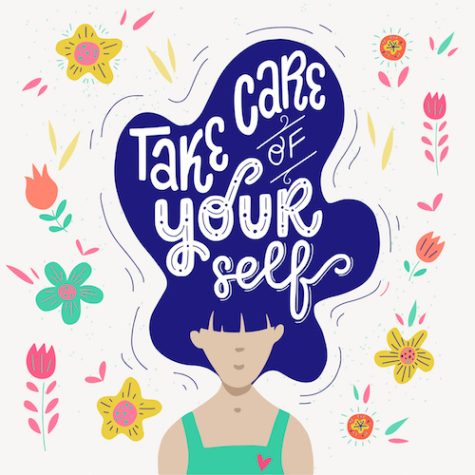LGBTQ+ History Month
The Stonewall Riots
October is the start of LGBTQ+ history month which I’m definitely not expecting you to know because I’m gay and I didn’t even know we had a history month. However, in light of finding out this information, I think it’s only right that we discuss one of the most important events in LGBTQ+ history: The Stonewall Riots. We must acknowledge the brave and resilient people who fought for our community’s right to be seen and heard.
The Stonewall Riots began on a summer night in 1969. The police raided the Stonewall Inn, a bar located in New York City’s Greenwich Village –a safe haven for the city’s gay, lesbian, and transgender community.
At the time, homosexual activity remained illegal in almost every state. Bars and restaurants could get shut down for simply having gay employees or serving gay patrons. This forced the community to live in constant fear and secrecy.
Police raids on gay bars were very common, but on the night of the Stonewall raid, members of the cities LGBT community (as identified in 1969) decided it was time to fight back. This sparked an uprising that launched a new era of resistance and revolution.
The people that started the first act of resistance against the police were two transgender women of color, Marsha P. Johnson and Sylvia Rivera, and they were said to have thrown the first bottle (or brick or stone) at the cops.
The riots lasted until 4 a.m. as rioters used parking meters as battering rams to break through doors. Others threw beer bottles and trash while some even made impromptu fire bombs with bottles, matches, and lighter fluid. Shockingly, no one was critically injured or killed by the end of the night; however, there were some reported injuries.
Even after the cops tore apart Stonewall, it re-opened. More and more people begin to show up, and they began chanting slogans like “gay power” and “we shall overcome.” The Stonewall Inn soon became the face of the LGBTQ+ movement.
Although the gay rights movement didn’t begin at Stonewall, the uprising marked a huge turning point for the LGBTQ+ community, and it gave way to more radical groups like the Gay Liberation Front (GLF) and the Gay Activist Alliance (GAA).
Without these brave people risking their lives for equality and acceptance, the LGBTQ+ community would not be where it is today. I am so thankful for those in my community that came before me, and made it possible for me to have the rights I do today.

